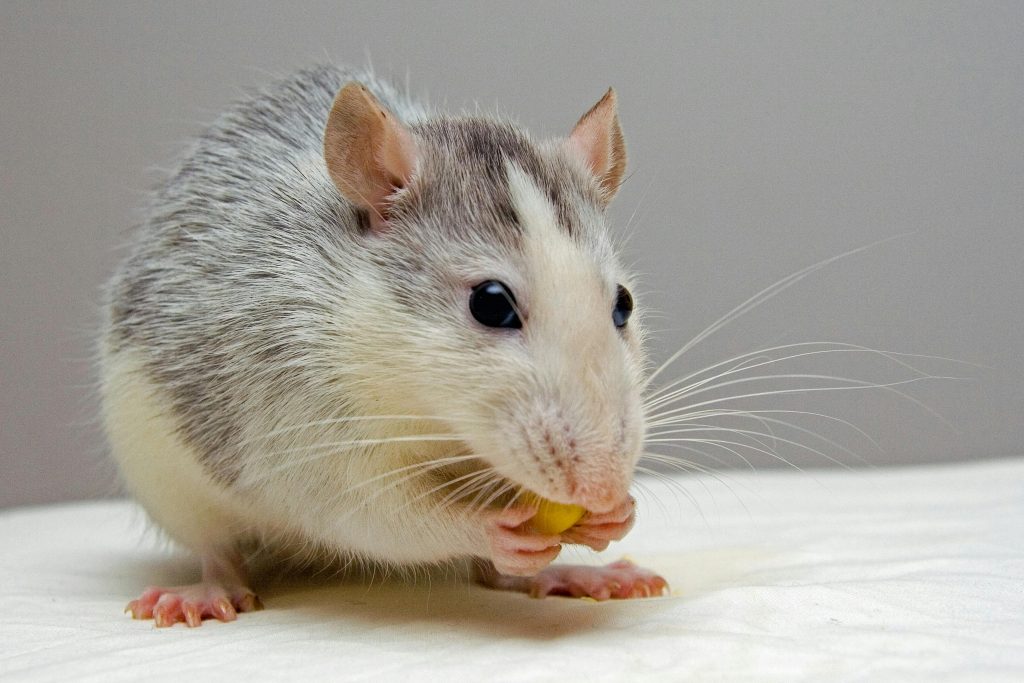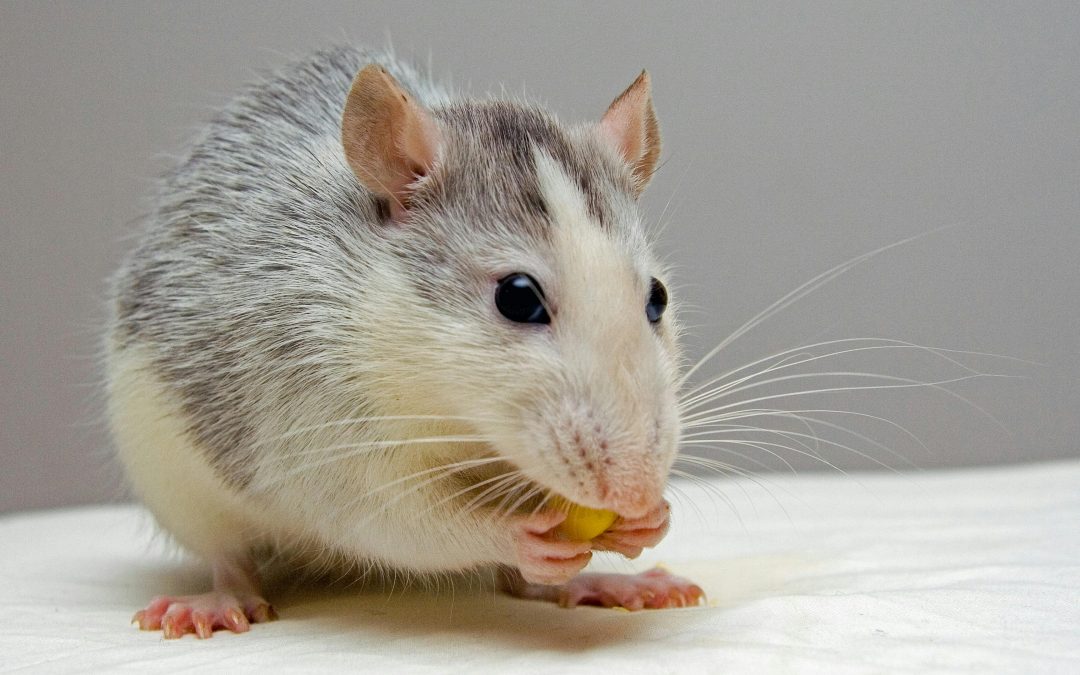Discovering that you have rodents in your home or yard can be distressing. Mice and rats aren’t just bothersome pests; they can threaten your health and cause considerable damage to homes and yards.
These small, adaptable creatures are a common problem for property owners as they often infiltrate buildings seeking food and shelter. Rodents not only cause damage within buildings, but they also create damage to landscaping when present in the yard.
Knowing how to identify, address, and prevent rodent infestations is crucial for keeping a healthy and safe living environment. Whether you have a rodent infestation or want to prevent one from occurring, this article will give you strategies to remove these pesky rodents and methods to protect your home and yard.
What is the Most Common Type of Rodent Infestation?
Although the most common rodent infestations in homes and yards are caused by house mice, rats are also a cause for concern. Mice favor smaller, hidden spaces such as inside walls or under furniture, creating nests from materials like paper and fabric. The damage caused by mice is typically less severe, although they can reproduce quickly, resulting in rapid infestations in compact areas.
On the other hand, rats are larger rodents that prefer open spaces like basements, attics, and yards. Rats build their nests using shredded materials gathered by the damage they create. The damage caused by rats can be substantial, as they gnaw through electrical wires and insulation in homes. In yards, they create visible holes or tunnels in the ground, damaging landscaping and outdoor structures.
What Are the Signs of a Rodent Infestation?
Rodents, such as mice and rats, are skilled at hiding and keeping their presence unnoticed. If these small rodents manage to go undetected, they can quickly become a serious problem as they continue to multiply.
Luckily, there are specific signs that can allude to a rodent infestation in your home or yard. Here are 3 key indicators to look out for:
- Droppings and Urine: Rodent droppings are commonly found in places where they are active, including walls, cupboards, or close to food sources. In the yard, droppings are often left near burrows, or where the rodents frequent.
They appear as small, black pellets that are usually found in clusters. Rat droppings tend to be round, while mouse droppings usually have pointed edges.
- Damage: Identifying damage caused by rodents in your home and yard includes looking for specific patterns of destruction. They are known to leave damage by chewing through electrical cords, gnawing on furniture legs, and destroying food packaging.
If rodents are in the yard, holes in the ground can be identified with loose dirt or debris around them. They may gnaw on outdoor furniture, disrupt soil and mulch, and even damage storage containers.
- Noises: Scratching or squeaking noises are a key indicator of a rodent infestation and can provide helpful information about where the rodents are active. Since rodents are nocturnal creatures, their sounds are most noticeable during the night or when the house is quiet.
For outdoor rodent infestations, you might hear digging or scratching in the soil, especially around landscaped areas.

At ServiceMaster S&R Systems, our technicians can safely and effectively clean and restore the areas of your home affected by rodents.
How to Remove Rodents in The Home
Humanely removing rodent infestations from your home involves a comprehensive approach to prevent further damage from occurring. Large rodent infestations should be taken care of by professional technicians with rodent cleanup services. For minor infestations, follow the steps below to ensure the rodents are removed.
1. Identify the Infestation
Inspect areas of your home for droppings, gnaw marks, nests, and noises like scratching or squeaking. Identifying these signs of rodent infestations will allow you to determine the extent of the infestation and where they are primarily active.
2. Seal Entry Points
Find any areas that may have holes, cracks, and gaps in walls, floors, and around pipes. Use materials like steel wool, caulk, or concrete to fill and block these entry points. Ensuring that these areas are completely sealed is important to prevent rodents from squeezing through small areas.
3. Remove Food Sources
Conduct regular cleaning throughout your home by sweeping, vacuuming, and wiping down surfaces to keep your home clean. Store all food in proper air-tight containers and avoid leaving food out overnight. Dispose of any waste regularly.
4. Use Traps and Baits
Place snap traps or live traps around the areas where rodent activity is identified. Traps should be placed along walls or near entry points where rodents can squeeze in.
Bait stations with rodenticides, or poisonous bait, can be placed along runways that lead to food sources such as walls, behind objects, or where rodent activity is present. Rodents will enter the bait station, eat the bait, and then die in their nests a few days later.
When using traps and baits, follow all safety instructions to prevent harm to pets or children. These should only be placed in secure areas where rodents are active.
5. Use Natural Remedies
Essential oils, such as peppermint oil, can be used as natural remedies when placed in areas where rodents are active. It is important to note that using essential oils will not completely remove rodent infestations, but it can help reduce their presence and activity.
6. Monitor the Areas
Continue to regularly monitor and inspect areas and traps for signs of rodent activity. Reapply traps, baits, or other remedies as needed to maintain control.
7. Address the Damage
Repair any damage caused by rodents such as chewed wires, insulation, or structural issues. Safely and effectively clean the contaminated areas to reduce health risks.
How to Remove Rodents from The Yard
Removing rodents from the yard involves several similar steps to eliminate the pests and prevent infestations in the future.
1. Identify the Problem
Check your yard and landscaping for burrows, chewed plants, droppings, and tracks. This will help you identify what kind of rodent is causing the problem.
2. Remove Outdoor Attractants
Secure any food sources like pe food, birdseed, and other items in rodent-proof containers. Regularly clean up organic debris from your yard to remove food sources from the rodents.
3. Eliminate Shelter
Trim and maintain overgrown shrubs and grasses where rodents may nest or hide. Remove any piles of wood, leaves, or other clutter to minimize hiding spots.
4. Use Rodent Control Methods
Place snap traps, live traps, or bait stations around the yard, specifically near burrows or active areas. Natural or commercial repellants can also be placed around the yard to deter rodents.
5. Maintain Yard Cleanliness
Conduct regular inspections of your yard to detect new signs of rodent activity and address them promptly. Maintain your yard by trimming and disposing of materials that rodents use for nesting to prevent them from returning.
By following these rodent removal steps, you can effectively remove rodents from your home and yard and reduce the chances of future infestations. Using proactive measures is key to keeping rodents at bay.
Contact Rodent Cleanup Professionals
When dealing with rodent infestations, reaching out to rodent cleanup professionals is highly recommended. At ServiceMaster S&R Systems, our technicians can safely and effectively clean and restore the areas of your home affected by rodents.
The biological materials left by rodents, including droppings, blood, and urine, could harbor bacteria that can spread infection. We can thoroughly remove biological materials left by the pests as well as clean and disinfect the affected areas. We can also repair damage they caused to wood, drywall, insulation, and other materials in your home.
After the cleanup and restoration, we will help prevent future infestations by sealing entry points and reducing attractants. You can trust our rodent cleanup professionals to effectively resolve rodent infestations and safeguard your home and yard.

